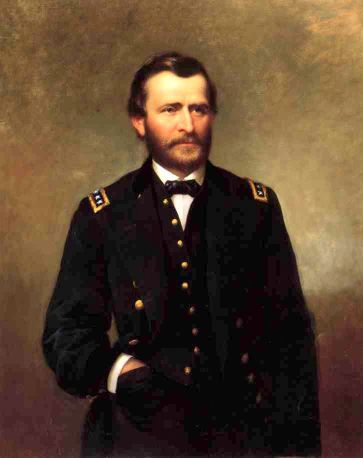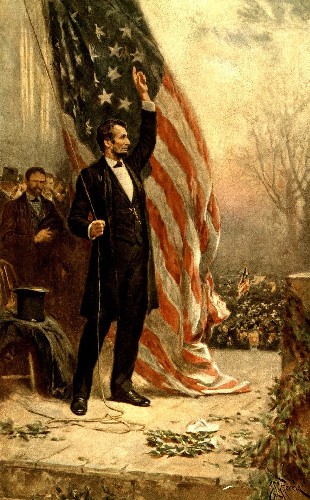 To celebrate their first Halloween in the White House in 2009, First Lady Michelle Obama got in the spirit by dressing as a leopard, replete with furry ears, dramatic cat-like eyes and a spotted orange-and-black animal print top while President Obama played it safe, dressing as, well, “a middle-aged dad, with a black cardigan, checkered shirt and sensible brown slacks.”
To celebrate their first Halloween in the White House in 2009, First Lady Michelle Obama got in the spirit by dressing as a leopard, replete with furry ears, dramatic cat-like eyes and a spotted orange-and-black animal print top while President Obama played it safe, dressing as, well, “a middle-aged dad, with a black cardigan, checkered shirt and sensible brown slacks.” According to the Washington Post, about 2,600 trick-or-treaters from local schools swooped, skulked and pitter-pattered their way through the front drive of 1600 Pennsylvania Avenue, stopping at the North Portico to get their treat: a plastic baggy containing White House M&Ms, an orange sugar cookie in the shape of the residence, and clumps of [dried] apricots, apples and papayas. Meanwhile, wandering around in front of the eerily, orange-lit White House was a motley crew of odd creatures, including musicians dressed as skeletons, walking trees, Star Wars characters, and dancers dressed as red and gold butterflies inside giant bubbles.
After casually chatting with the trick-or-treaters, the President and the First Lady hosted a reception for military families in the East Room of the White House. In his brief welcoming remarks, the president acknowledged the many sacrifices made by military families and said, “'We are so grateful to you. Especially now, a lot of the times, you guys are separated. It's tough. The spouses who are at home are serving just as much as folks who are deployed. So we are just so thrilled that you guys could be here.”
Of course, this wasn't the first Halloween celebration held at the White House. Known for her playful personality, Mamie Eisenhower hosted a Halloween party for the wives White House staff members. Described as “the most interesting party ever given in the dignified setting of the White House,” it reportedly included “skeletons hanging from the State Dining Room chandeliers and witches on broomsticks riding over the white tablecloth.”
In more recent years, Richard Nixon’s daughter Tricia hosted a Halloween carnival for underprivileged school children while the Fords and Carters welcomed trick-or-treaters from charitable organizations like UNICEF. And to mark their first Halloween in the White House, George Bush and his wife Barbara staged an Anti-Drug Youth Rally for 500 local school children on the South Lawn of the White House, where they loaded the youngsters up with treats and spoke to them about the dangers of illegal drugs.
FAST FACT: the origins of Halloween likely lie in the ancient pagan Celtic festival of Samhain. According to historians at the Library of Congress, “the wearing of costumes and roaming from door-to-door demanding treats can be traced to the Celtic period and the first few centuries of the Christian era, when it was thought that the souls of the dead were out and around, along with fairies, witches, and demons. Offerings of food and drink were left out to placate them. As the centuries wore on, people began dressing like these dreadful creatures, performing antics in exchange for food and drink."

